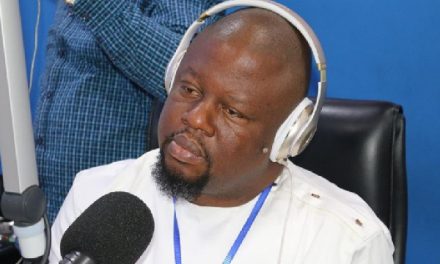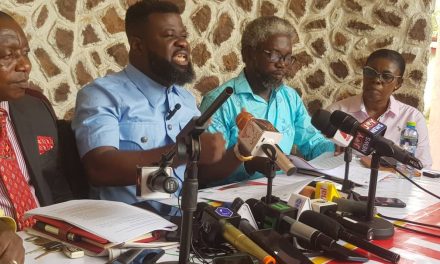
A-G launches Public Defenders’ Division of Legal Aid2 min read

The Attorney-General (A-G) and Minister of Justice, Godfred Yeboah Dame, has launched the Public Defenders’ Division (PDD) of the Legal Aid Commission (LAC).
The PDD provides free legal services to the less privileged and the poor, accused of criminal offences in the country.
As one of the three divisions of the reinvigorated commission created by the new Legal Aid Commission Act, 2018 (Act 977), it will provide legal services to accused persons who cannot afford a lawyer.
The other divisions of the commission are the Citizens Advisory (CAD) and the Alternative Dispute Divisions (ADD).
Unlike the old legal aid regime, Act 977 mandates a public defender, a lawyer employed by the state to provide legal services to an accused person immediately he or she was arrested, represent the accused during trial and also deal with any appeal process when necessary.
The creation of the PDD is to further give effect to Articles 14, 17 and 19 of the 1992 Constitution, which respectively protects personal liberties, promotes equality and freedom, and makes fair trial a cardinal part of the justice system, as well as Article 294, which enjoins the state to promote access to justice by providing legal services for the poor.
The launch of the PDD was supported by the US government’s Department of Justice’s Office of Overseas Prosecutorial Development, Assistance and Training (OPDAT), which has been providing technical assistance to the PDD.
As part of the support, the US had already provided 54 laptops to the commission.
The launch was attended by a Justice of the Supreme Court and Board Chairman of LAC, Justice Nene Amegatcher; a Deputy A-G, Diana Asonaba Dapaah; the Director of the US Department of Justice’s Access to Justice Office (AJT), Rachel Rossi; the Ag. Executive Director of LAC, Ellen Sowa, and the Ag. Director of the PDD, Nelson M Kporha.
Mr Dame said that the PDD would help increase access to justice and reduce inequalities in society, adding that “the justice gap not only affects those living in poverty, but also perpetuates poverty itself and comes at a great cost to the government”.
“For instance, free legal service for the poor in cases involving denial to access to health care saves the state money and creates incalculable social and economic benefits,” he said.
Mr Dame, however, acknowledged that the commission faced enormous challenges, especially inadequate infrastructure, for which his outfit provided it with 11 new vehicles and other office equipment, while efforts were being made to provide it with a new office accommodation.




















